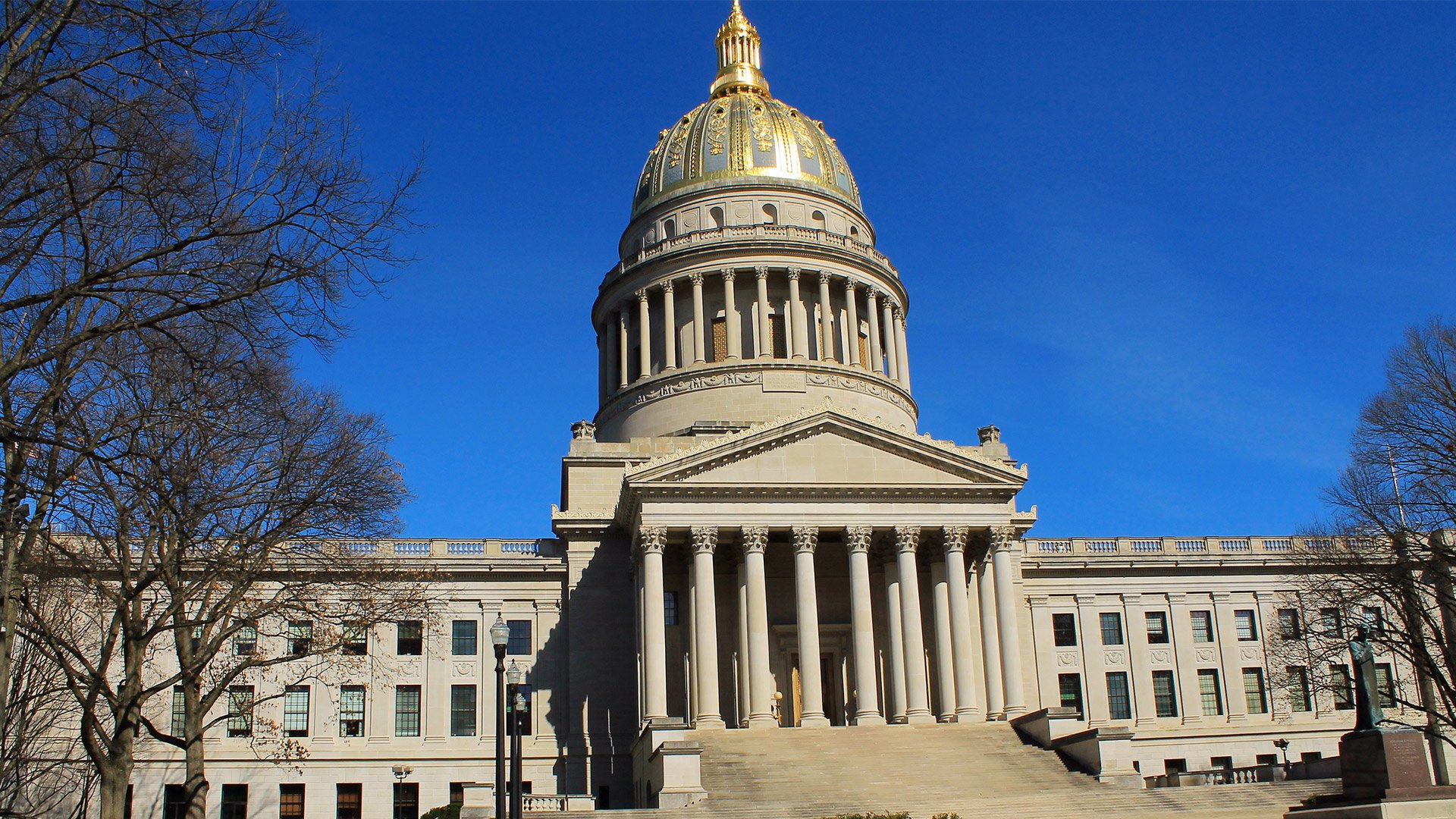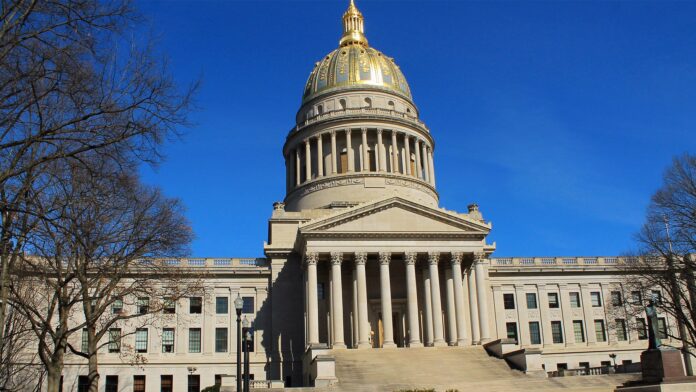
The Senate Finance and Appropriations Committee in Virginia voted 9-7 on February 10th to kill Senate Bill 203 authored by Democrat Senator Joe Morrissey. The bill would have restricted Richmond or any other city that votes against a casino referendum from releasing another referendum for five years.
Earlier in November 2021, Richmond voters rejected the initial plan by a margin of 51 to 49 percent.
Last month, The Richmond City Council gave a go-ahead for plans to have a second casino referendum in November to establish a casino in Virginia’s capital city.
The resolution passed on January 24th reappointed Urban One as Richmond’s casino development partner, nominated the same site as last year for the project, and approved a community host agreement for the facility.
On February 8th, Richmond Mayor Levar Stoney reiterated his support for the casino development during his State of the City speech, noting that the casino would generate $560 million in capital investment without costing the city “a dime,” according to a report by Vixio.
Earlier in November, Stoney had asserted that upon approval by voters through a second referendum, the tax revenue from the casino would allow the city to provide a two-cent reduction in the real-estate tax to taxpayers.
“This project is about the people of Richmond,” Stoney said. “It’s about providing security, relief, jobs, and investment which leads to a brighter future for the entire city.”
After the committee vote, Morrissey told local media that he was “thunderstruck as to what occurred” and would try to review his bill.
Similar proposals introduced which adds Petersburg to list of eligible cities
Republican Delegate Kim Taylor introduced a similar proposal, House Bill 1134, which adds Petersburg to the current list of five Virginia cities eligible to host a casino. It would also impose a five-year ban on holding additional local referendums from the date of the last vote.
On Thursday, Taylor urged a House General Laws panel to pass the bill. She stated that with a 13.9 percent unemployment rate, Petersburg, located 25 miles south of Richmond, is in “desperate need of economic development.”
“We have been faced with our share of financial challenges,” Petersburg Mayor Samuel Parham told the subcommittee. “Over the last five years, we went from a $17 million deficit to a $12 million surplus. We need this to put us on sound financial footing.”
Despite hearing from both supporters and opponents on Thursday, the subcommittee voted unanimously to decide the bill’s fate at a subsequent meeting after Republican Delegate Jeffrey Campbell requested additional time to study the proposal.
The debate over the location of a fifth casino in Virginia is one of numerous gambling issues under consideration as lawmakers begin the second half of their two-month 2022 legislative session, which ends on March 12th.
Bills filed in the Virginia General Assembly would tweak 2020 sports-betting law
Two other bills filed in the Virginia General Assembly would aim to tweak the state’s 2020 sports-betting law.
Delegate Mark Sickles, a Democrat, introduced House Bill 1103 to restrict online sports betting businesses from deducting bonuses and promotional credits from taxable revenue after 12 months of operation. Additionally, operators would no longer be able to carry forward losses from one month to offset taxes owed in others.
The bill was introduced by Sickles on January 12th, and it was referred to the Committee on General Laws, but no votes have been taken on the legislation yet. If the bill passes, operators may decide to reduce or abolish the generous bonuses and promotional credits they offer to attract new, potential customers.
Currently, DraftKings offers a sign-up bonus in Virginia that is worth up to $1,050 and includes a $1,000 deposit bonus and a $50 free bet. Meanwhile, Barstool offers a risk-free $1,000 bet for opening a wagering account in Virginia, along with a $10 free money bonus just for signing up.
Mobile wagering was launched in Virginia last January. The Virginia Lottery has so far issued 11 operator licenses, and two temporary permits, while currently reviewing an additional three operators with permits expected to be awarded during the first half of 2022.
During this year of mobile wagering getting legalized in the state, The Virginia Lottery generated $3.2 billion in handle, with gross revenue of $285.9 million and a taxable net revenue of $130.9 million. Promotions and bonus costs were $122.1 million, with other deductions including federal excise taxes totaling $32.9 million. Mobile sports betting is taxed at 15 percent of adjusted revenues in Virginia.
Senate passes bill to allow bets on in-state college programs
On Thursday, The Senate Finance and Appropriations Committee advanced Senate Bill 576, which would allow bets on in-state college programs, even though the House General Laws subcommittee already voted to kill a companion bill.
The bill allows Virginians to bet on the University of Virginia and other in-state colleges. The 2020 law allows college betting but not for games involving Virginian schools.
When Virginia first legalized sports wagering in 2020, the Senate passed a bill to allow betting on Virginia colleges before accepting the ban proposed in the House’s version of the legislation.
“The proposed legislation is expected to increase wager activity, which would increase sports betting revenues,” John Hagerty, a spokesman with the Virginia Lottery, told VIXIO GamblingCompliance.
“However, the expected increase in sports-betting revenues cannot be determined at this time because some wagering may transition from other currently allowable wager types, and the program is still in very early stages of development,” Hagerty said.
Meanwhile, a separate bill to ban the use of the phrase “Virginia is for Bettors” in any sports-betting advertisements was approved by the Senate last week. Senate Bill 96 has now progressed to the House of Delegates for consideration.
Republican Senate Minority Leader Tommy Norment Jr. originally introduced a bill that would have prohibited sportsbook operators from using “Virginia” or “the Commonwealth” in their advertising before the measure was amended in committee to ban only the twist on the state’s official motto, “Virginia is for lovers.” Businesses violating the ban would face a fine of up to $50,000.














